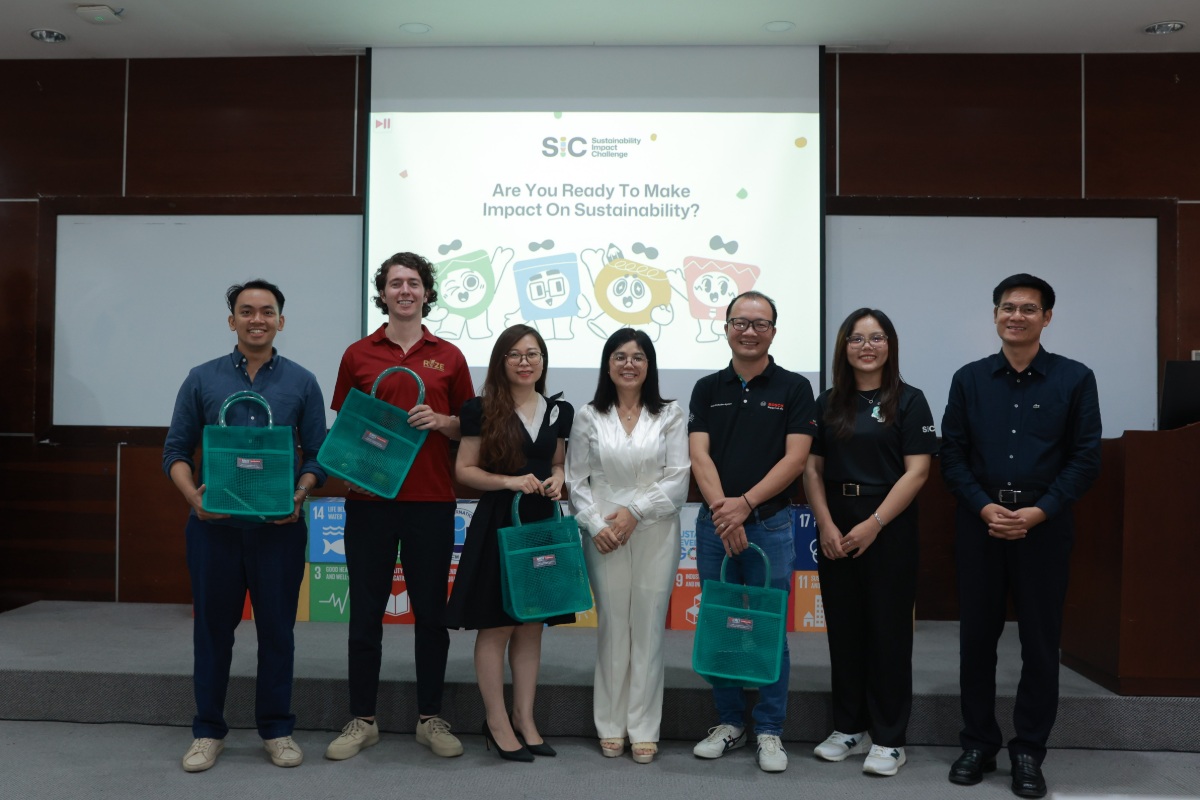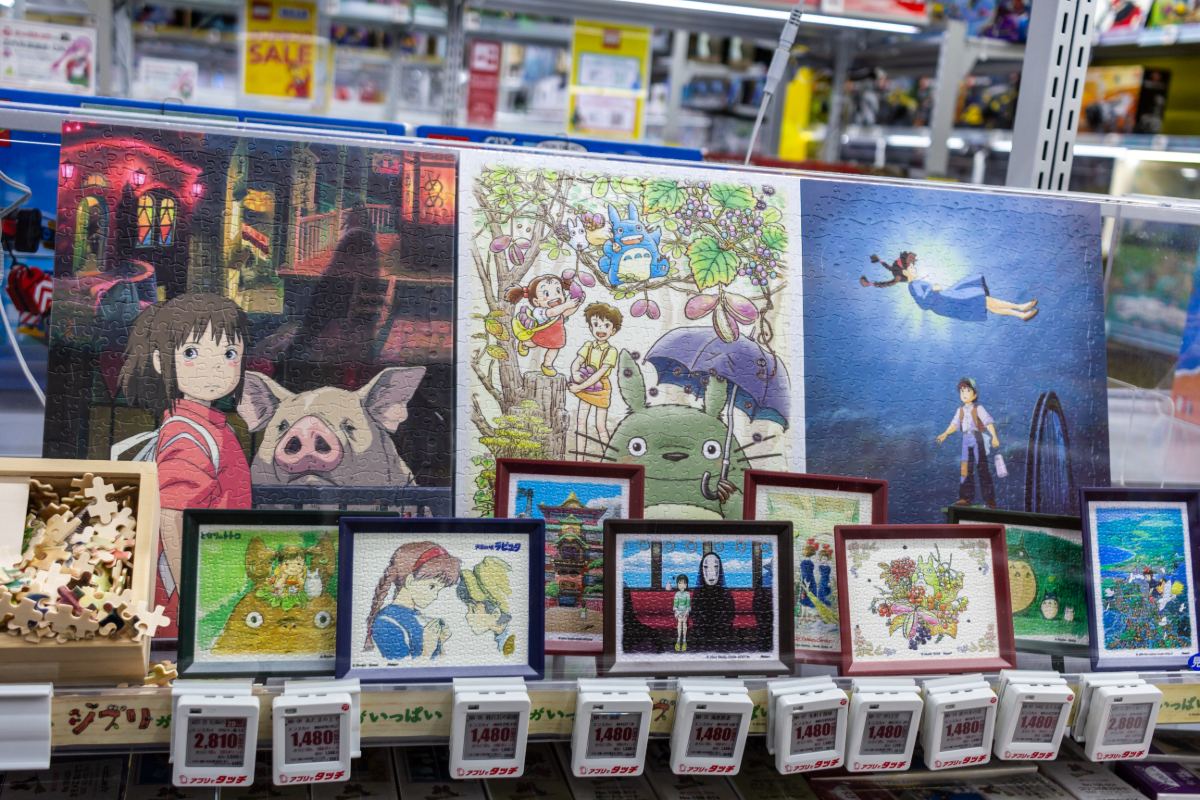Paper Wings, a small children’s fashion brand which began in Australia ten years ago and now produces its clothing near Ho Chi Minh City, strives to change this narrative.
“We have 75 people, and it’s very controllable for me,” says Jason Gibaud, a co-founder. “In terms of sustainability and things like that, they’re important to me in terms of waste and what our impact is on the environment and the local economy [and] for people here.”
Mr Gibaud acknowledges that it is impossible to determine the exact amount of fabric that a company will need to produce clothing, but they only manufacture based on orders taken, which minimises wasted stock. They also use leftover fabric to design other clothing patterns.
Paper Wings partnered with RMIT Vietnam so that fashion students could visit the factory and get hands-on experience, as well as a close look at the need for sustainability in their work.
Nguyen Hong Anh, a third-year major in the Bachelor of Fashion (Merchandise Management), was one of these students.
“We have many courses which apply sustainable practices,” he says.
“Global Impact of Fashion Merchandise is the course that specified studying sustainability in the fashion industry…it shows us the real impacts of the industry on the environment.”
Anh shares that his experience at Paper Wings, where the students designed clothing for a future Mummy and Me clothing line, was valuable.
“First, I learned that I don’t need to be overly dramatic in my designs, as this will cause more time, energy and material consumption,” he says.
“Second, I comprehended the importance of making employees feel comfortable. Unlike other factories, Paper Wings treat their employees well, so there are no sweatshop conditions.”
Ultimately, he hopes to apply these lessons to his future career.
“I want to be a fashion designer or product developer, and I will try to use sustainable materials in my designs. Also, I will boycott manufacturers that have a reputation for any form of labour abuse.”






